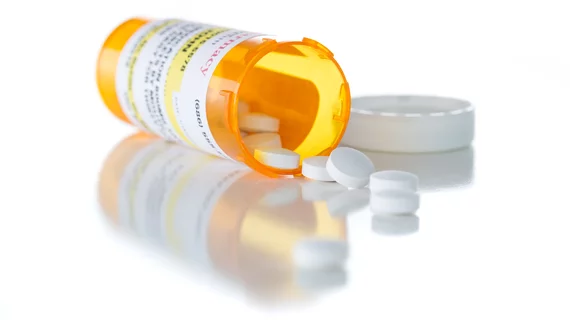Writing letters helped curb physicians from overprescribing medicines
Writing letters to physicians who prescribe higher than average amount of a prescription drug has helped cut back, according to new research published in JAMA Psychiatry.
The study looked at prescriptions of the antipsychotic drug Seroquel, which helps people diagnosed with schizophrenia, bipolar disorder and other serious mental illnesses. However, the drug can be deadly—and doctors who prescribed the drug the most were easily convinced to cut back prescriptions as a result of the letters.
Working with researchers in the study, Medicare sent letters to about 5,000 general practitioners who prescribed the drug the most, including peer comparisons that showed how less frequently other doctors prescribed Seroquel.
Over a nine-month period, the peer comparison letter caused “substantial and durable reductions” in prescribing, the study found. Physicians cut back prescriptions nearly 16 percent over an extended period of two years.
The study was overseen by an interdisciplinary team at CMS and the U.S. Office of Evaluation Sciences, as well as review board at Columbia University, Harvard University and the Massachusetts Institute of Technology.

